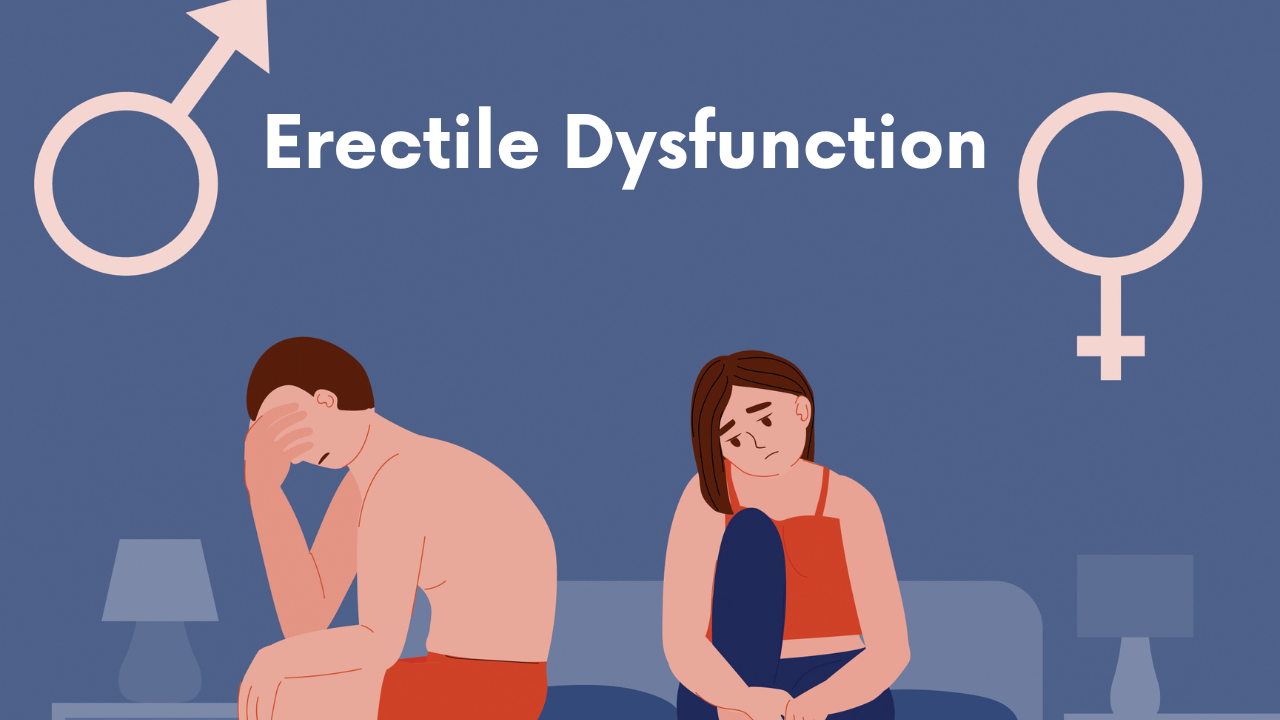When, during sexual intercourse, a man cannot sustain an erection for a sufficiently long time, the level of satisfaction of both partners is affected and, if this situation persists over time, serious long-term consequences may appear, especially at the psychological level.
Being a very intimate subject, many men have difficulties in going to the specialist doctor, not knowing exactly what to expect or what premature ejaculation means.
What is premature ejaculation?
Premature ejaculation – causes
Treatment for premature ejaculation
What is premature ejaculation?
In medical terms, ejaculation is the process by which sperm is eliminated through the urethral canal. Ejaculation, like sexual stimulation, is regulated at the level of the central nervous system, so that, once a certain stimulation threshold is reached, the brain sends a signal to the genital organs that triggers ejaculation. When this happens, repeatedly, in a very short time after the initiation of the sexual act, the diagnosis of premature ejaculation is taken into account.
This medical problem is most often encountered among men between the ages of 18 and 30, but it can also manifest itself as an effect of erectile dysfunction in men over 50 years old.
There is an essential difference between the notion of premature ejaculation and erectile dysfunction, since premature ejaculation (or early) refers to the expulsion of sperm much too early, while patients with erectile dysfunction have difficulties in obtaining or maintaining an erection during sexual intercourse.
Patients need to understand that premature ejaculation is not a serious condition. However, if it is a problem that leaves a strong mark on the lives of the affected men, they should consult a urologist specialist.
Premature ejaculation – causes
Statistically speaking, approximately 10% of men face, throughout their lives, premature ejaculation, either for short periods or for a longer time. The basis of this dysfunction can be biological causes, psychological causes or an accumulation of triggering factors.
Biological causes:
- infections of the male reproductive system
- erectile dysfunction
- diseases of the prostate
- endocrine disorders
- a low testosterone level
- excessive alcohol or drug use
Psychological causes:
- exposure to prolonged stress
- major trauma (sexual or emotional abuse)
- depression
- couple problems
- complexes related to one’s own physical appearance
- idealistic expectations regarding one’s own sexual performance
Contrary to some prejudices, premature ejaculation is not influenced by masturbation. On the contrary, when a man has multiple ejaculations in short time intervals, the ejaculation process tends to be delayed. Also, certain exercises recommended for premature ejaculation can be followed during masturbation.
Premature ejaculation – symptoms
On average, a normal sexual act lasts about 10-15 minutes, there are also cases when it lasts less. Premature ejaculation occurs when the man ejaculates within a maximum of 60 seconds after penetration or before penetration. The process is a reflex, impossible to control.
Regarding the classification of premature ejaculation types, we are talking about two such forms:
- primary premature ejaculation – manifests itself from the first sexual contact and has a permanent character
- secondary premature ejaculation – occurs later in life, without the patient having encountered problems of this nature in the past
Complications
The most pronounced effect that premature ejaculation can have on affected patients is psychological. This disorder leaves its mark on men’s self-esteem, being able to evolve into severe forms of anxiety, and depression, when the patient becomes overwhelmed by the feeling of guilt and helplessness.
The effects are also felt in married life, leading to a lack of sexual satisfaction on both sides or even to the impossibility of getting pregnant.
Diagnosis of premature ejaculation
To confirm or deny the diagnosis of premature ejaculation, it is necessary to have a preliminary discussion with the specialist doctor, with questions that may be more difficult for some patients, as they concern intimate topics. It is important that, during these discussions, the patient describes in detail any worrisome change, as well as if he suffers from other ailments or is under treatment with certain medications.
Premature ejaculation episodes can be rare, not a worrying topic, but to accurately determine the patient’s situation, the doctor will want to know some key information:
- How often does it happen to ejaculate too early?
- How long does the actual sexual act last?
- How long has this problem persisted?
The doctor will perform a physical examination and, if deemed necessary, may recommend progressing to certain analyses, to check if there are urinary tract infections or prostate disorders.
Treatment for premature ejaculation
Most cases of premature ejaculation have psychological causes. Regardless of whether it is a stressful period, an emotional shock or, more seriously, a trauma from childhood or adolescence, the approach and relief of these problems lead, most of the time, to the disappearance of the manifestations of premature ejaculation.
Psychotherapy is one of the most effective treatment methods for this disorder and often works without the need for another type of treatment. In the psychological therapy sessions, the aim is to identify and eliminate the triggering factors of premature ejaculation. This approach can also be useful for couples who face difficulties of a sexual nature, being able to establish and strengthen a healthy relationship between the two, both from an emotional and physical point of view.
There are also exercises related to behavioral therapy, designed to help the patient recognize the signs preceding ejaculation and consciously delay it.
Men who face premature ejaculation can also use local remedies, such as condoms, gels or sprays that contain lidocaine, a local anesthetic that provides a numbing sensation and can delay the moment of ejaculation. However, such products can cause adverse reactions, such as local sensitivity, irritation or reduced pleasure.
The drugs recommended to improve premature ejaculation belong to the class of antidepressant drugs (dapoxetine) or 5-phosphodiesterase inhibitors (avanafil, sildenafil). The cases in which these drugs are used are, however, isolated and it is imperative to recommend a specialist in this regard, as unwanted effects may occur (drowsiness, dizziness, decreased libido or profuse sweating).
Men who face premature ejaculation are encouraged to talk openly about the problems they face, both with the doctor and with their life partners. Emotional support is particularly important in such cases so that patients do not feel alone and helpless in the face of a relatively common disorder, such as premature ejaculation.


